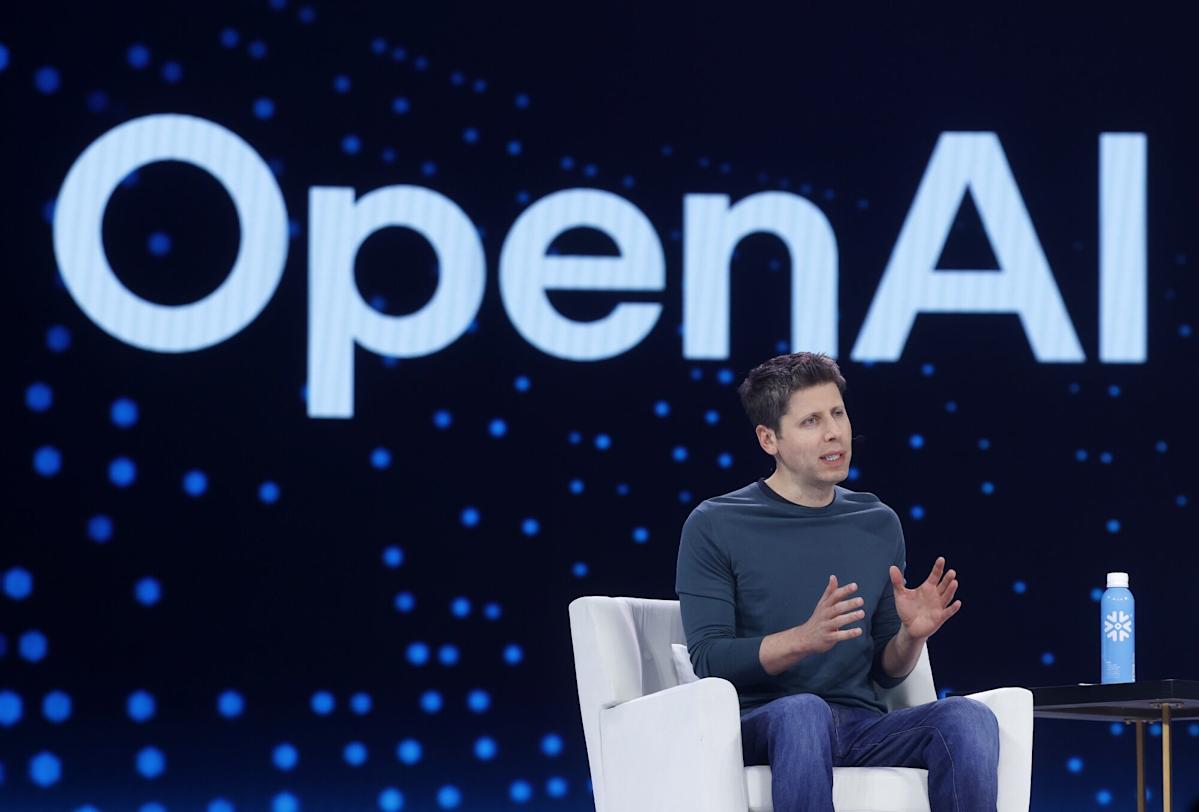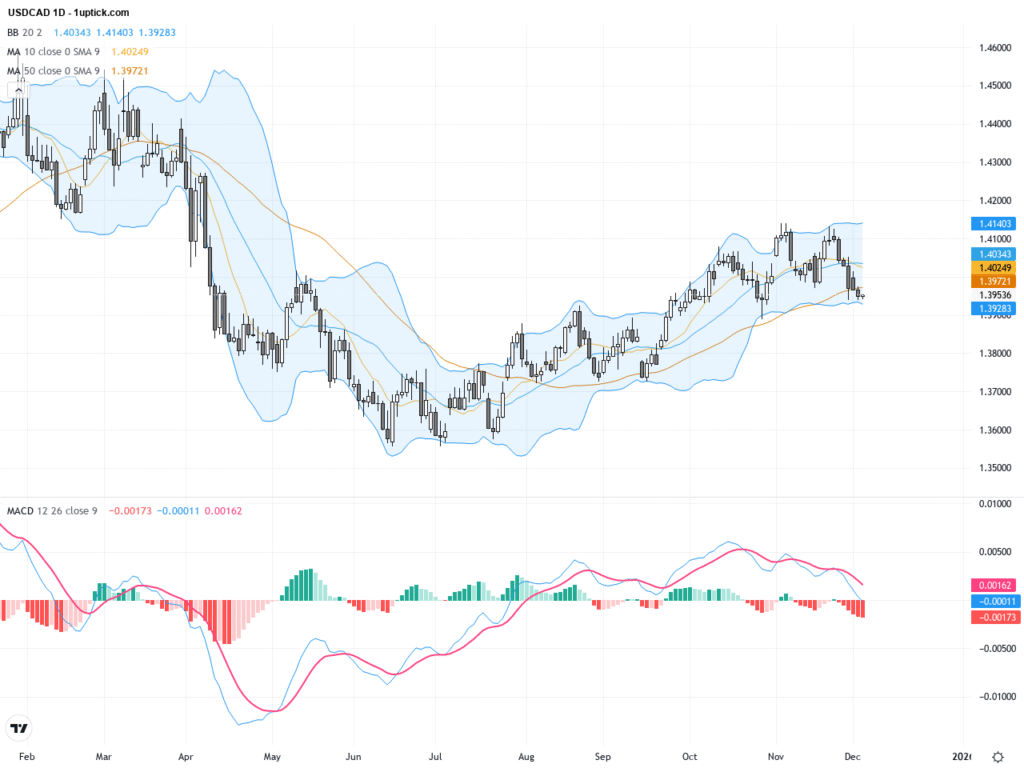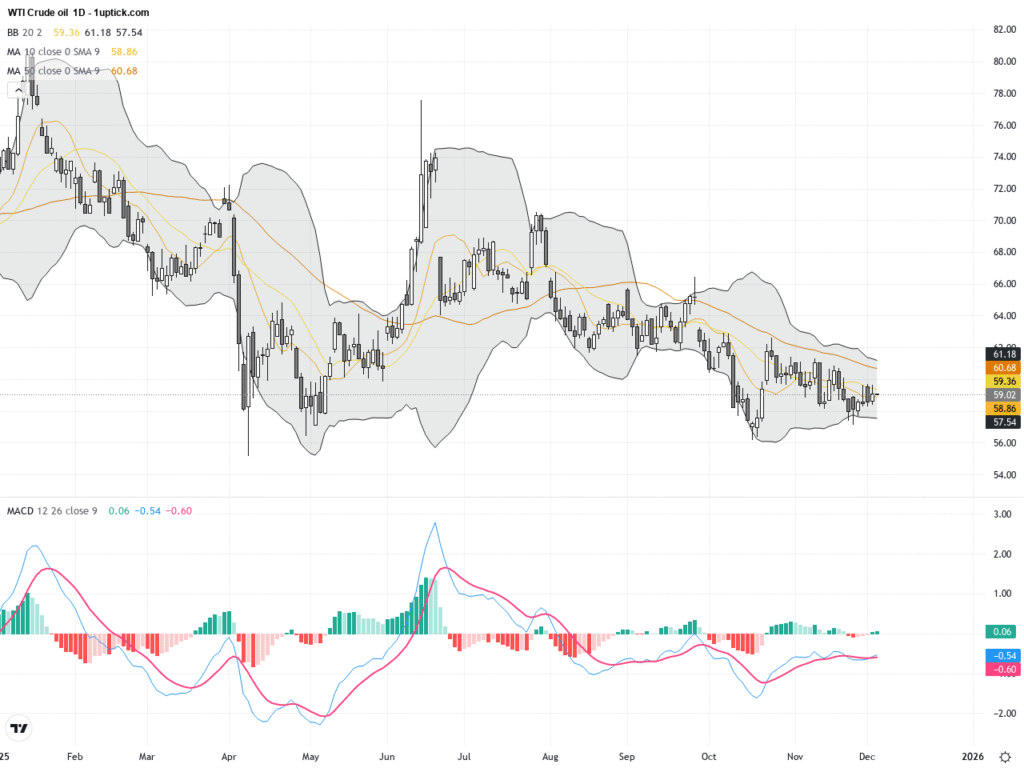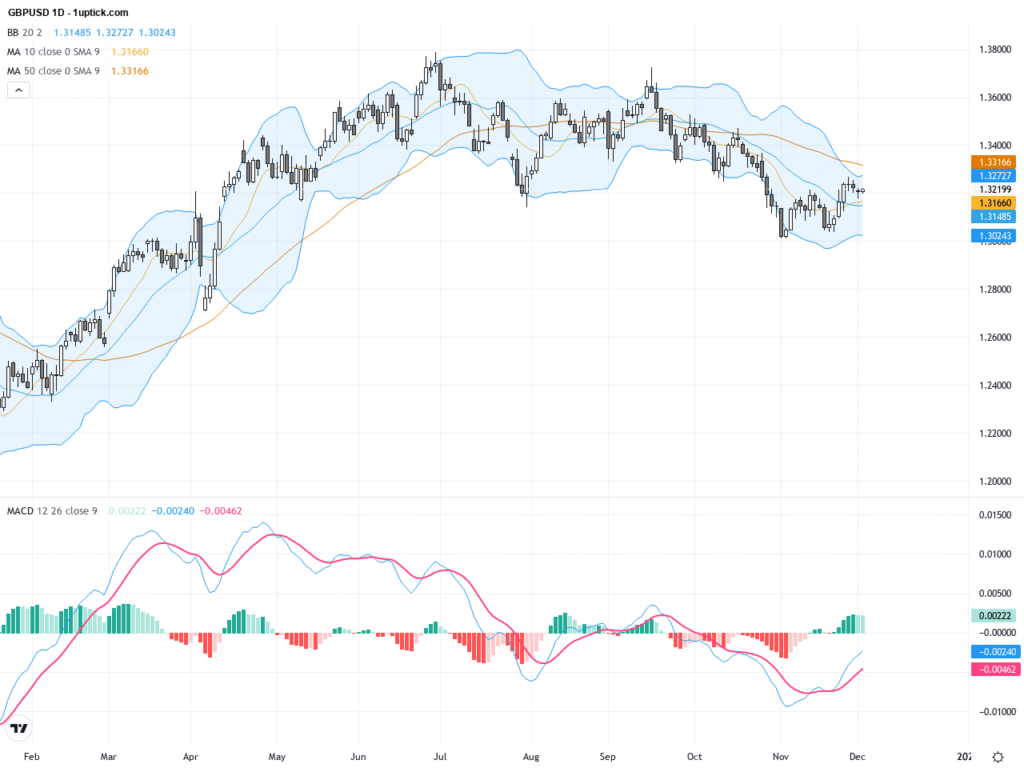 |
| Gold V.1.3.1 signal Telegram Channel (English) |

OpenAI’s Trillion-Dollar Vision: Revolutionizing AI Innovation and Financial Infrastructure for the Future
2025-08-17 @ 14:00
OpenAI Sets Its Sights on a New Era: AI, Finance, and the Road to a Trillion-Dollar Vision
OpenAI, a company synonymous with the global artificial intelligence (AI) boom, has set its sights on unprecedented growth. At the heart of this ambition is CEO Sam Altman, who has repeatedly voiced the goal of building a trillion-dollar AI powerhouse. Beyond developing world-leading AI models like GPT-5, OpenAI is also exploring novel approaches to financing and investment that could redefine how next-generation tech firms are funded and operate.
The Trillion-Dollar Blueprint
Sam Altman has not shied away from bold targets: OpenAI’s vision is not merely about technological advancement but transforming its financial structure to support ever-expanding research and deployment. Altman envisions OpenAI as a unique entity—combining the agility of a technology company with the enduring strength of a major financial institution. This strategic pivot involves two key fronts: pushing technical innovation to new limits, and rethinking capital-raising for long-term, high-risk AI investments.
Large-Scale AI Investment: A New Approach
What makes AI fundamentally different from prior technologies is its hunger for massive capital—both to train ever-larger models and to integrate AI solutions into virtually every industry. OpenAI is no longer just seeking traditional venture or private equity funding. Instead, Altman has suggested the creation of entirely new financial vehicles. These could take the form of a dedicated investment fund or digital financial tools designed to raise capital at a scale previously seen only in global institutions.
The concept is straightforward but ambitious: attract global investment directly into AI development, with mechanisms that allow for broad participation. Such tools might resemble specialized bonds or technology-focused investment pools, allowing institutional and possibly even retail investors to gain exposure to the potential upside of foundational AI advances.
Why the Financial Innovation Matters
Traditional funding models, even those suited to Silicon Valley’s meteoric growth stories, may not match the demands of AI progress. Training frontier models can require billions in upfront costs, with returns realized much later. By pioneering new capital-raising structures, OpenAI hopes to ensure a steady stream of funding—enabling long-term projects that might otherwise be too risky for conventional investors.
This is more than just an internal exercise. If successful, OpenAI’s approach could serve as a playbook for other AI labs and deep tech ventures, paving the way for a new category of financial markets centered on high-impact innovation funding. This would establish a new relationship between global capital and disruptive technologies, inviting more players to participate in the AI revolution.
The Technology Pushing the Mission Forward
While the financial strategy is transformative, OpenAI’s core engine remains its AI technology. With the recent rollout of GPT-5, OpenAI is delivering on its promise to provide more accurate, efficient, and useful models. These improvements translate directly into more impactful applications for business, science, and society. As more organizations integrate these advanced models, demand for custom solutions and infrastructure will only grow, further fueling the need for substantial, innovative investment.
OpenAI’s progress on AI safety and transparency is also critical. As AI systems become more powerful and influential, ensuring reliability, minimizing biases, and maintaining transparency are crucial for both ethical and commercial reasons. Improvements in how AI models like GPT-5 handle complex, ambiguous, or risky tasks help build public and investor trust—foundations for sustained funding and expansion.
The Competitive Landscape
OpenAI’s strategic maneuvers take place in the context of fierce global competition. Major technology firms and national governments are racing to build or acquire leading-edge AI capabilities. The company’s plan to innovate on financial structures is therefore not only a growth strategy but also a defensive one: rapid, large-scale capital access ensures OpenAI can compete at the highest level, attract top talent, and invest in next-generation breakthroughs at the pace required.
What This Means for Investors and the Market
For investors, OpenAI’s ambitions represent both opportunity and challenge. On one hand, the potential rewards from foundational AI breakthroughs are immense, promising productivity gains and new businesses across the global economy. On the other, the risks, time horizons, and ethical responsibilities involved are far greater than in most previous technology sectors.
If OpenAI and its financial backers succeed, it could mainstream new ways of investing in science and technology—spreading both risk and reward more broadly. The evolution of financial tools purpose-built for the AI age might soon allow investors and institutions at all levels to take part in the next chapter of technological transformation.
Final Thoughts
OpenAI stands at the crossroads of technology, finance, and global ambition. By reimagining both what AI can do and how it can be financed, Sam Altman and his team are inviting the world to participate in a new kind of innovation economy. As this story unfolds, it will not only shape the future of AI but also how ideas, capital, and technology come together to drive human progress.








